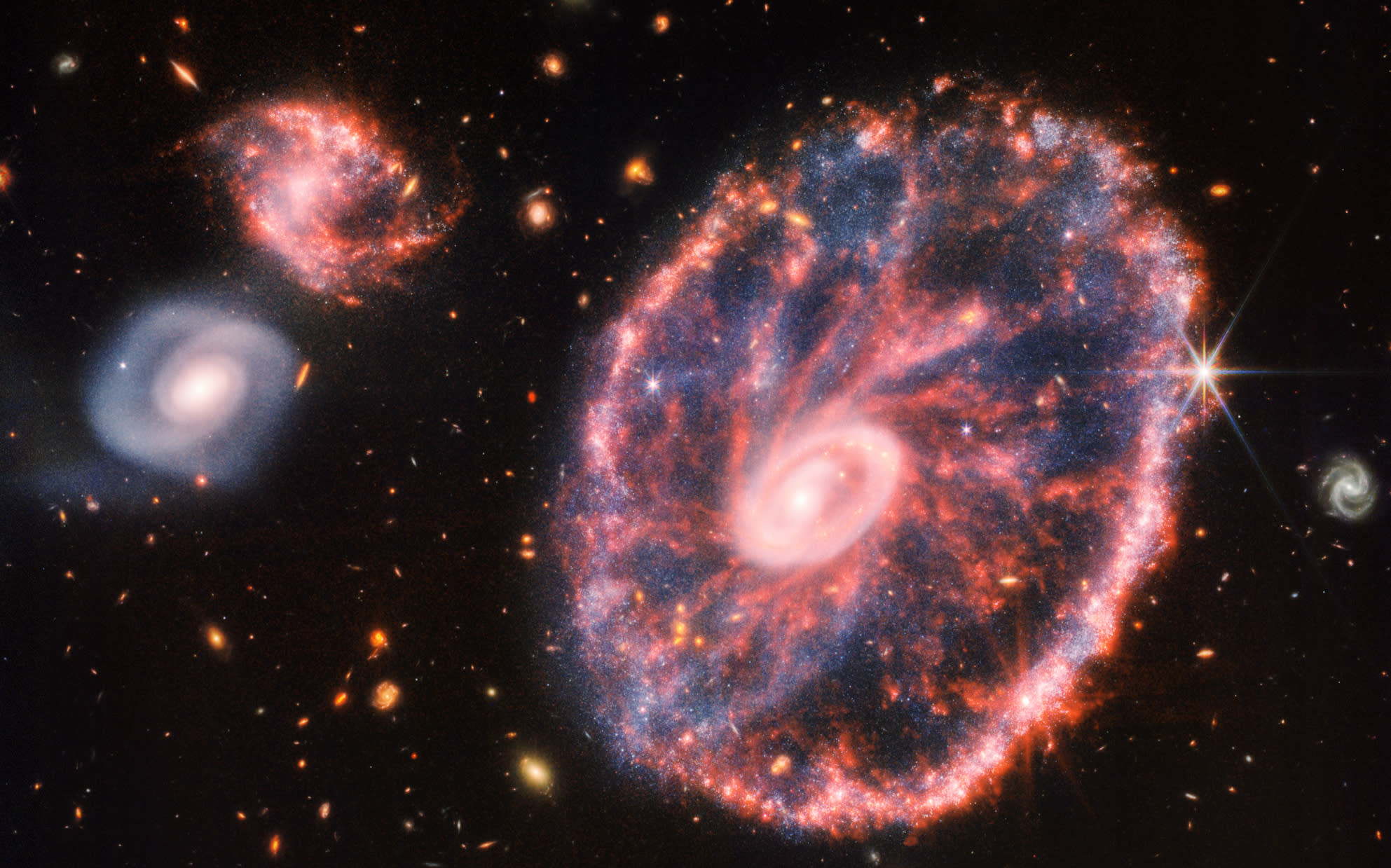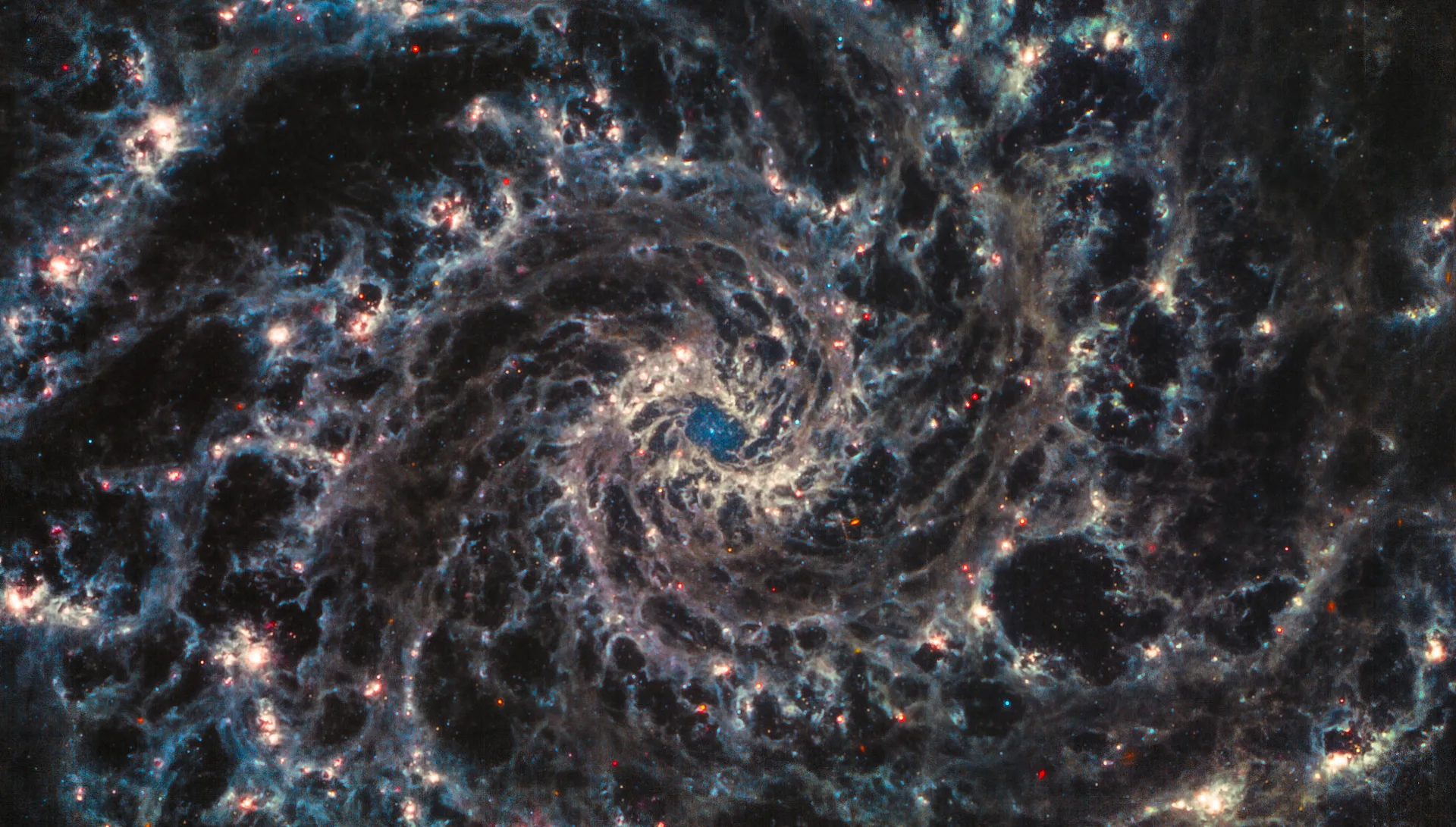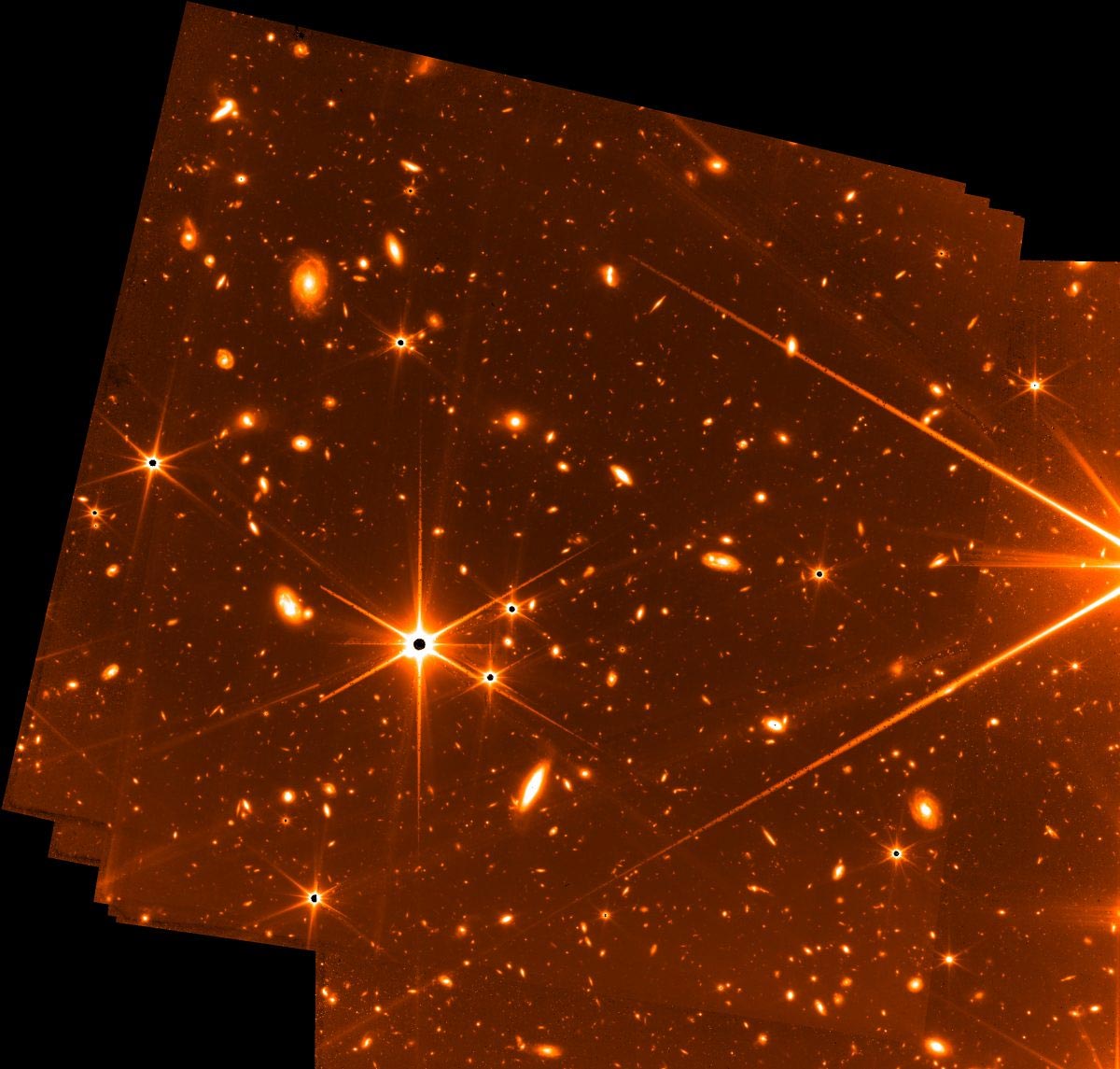We just lost an icon. I think that's the best word, because let's just list some of David Warner's performances:
Alpha in Men In Black: The Series
Spicer Lovejoy in Titanic
Lord Agon in Beastmaster III
Archmage in the Gargoyles series
Ra's Al Ghul in the 1990s animated Batman series
Chancelor Gorkon in Star Trek VI
St. John Talbot in Star Trek V
The Evil Genius in Time Bandits
Ed Gillinger/Sark/Master Control Progam in TRON
Duke Richard of Lionsgate in The Legend of Prince Valiant
Jack the Ripper in Time After Time
He also played at least three kings of England (George III, Edward II and Henry VI) and showed up at least once in so many places: The Omen, Remington Steele, Perry Mason, Twin Peaks, Teenage Mutant Ninja Turtles, The Lost World, Tales From The Crypt, Captain Planet and the Planeteers, Star Trek: TNG, Murder, She Wrote, Lois & Clark: The New Adventures of Superman, Babylon 5, the Beastmaster movies, Freakazoid!, the 1990s Spider-Man animated series, Winnie the Pooh, Total Recall 2070, The Outer Limits, the 1990s Superman animated series (as Ra's, so it was presumably a crossover), Star Wars, Baldur's Gate, Batman Beyond, Buzz Lightyear, Planet of the Apes, Scooby Doo, the Hogfather movie, Doctor Who, Midsomer Murders, Penny Dreadful, Mary Poppins, Teen Titans...
He mostly played villains and I think we will all remember how much scenery he consumed. I certainly won't forget his performance as Gorkon.
David Warner died this week at the age of 80.





